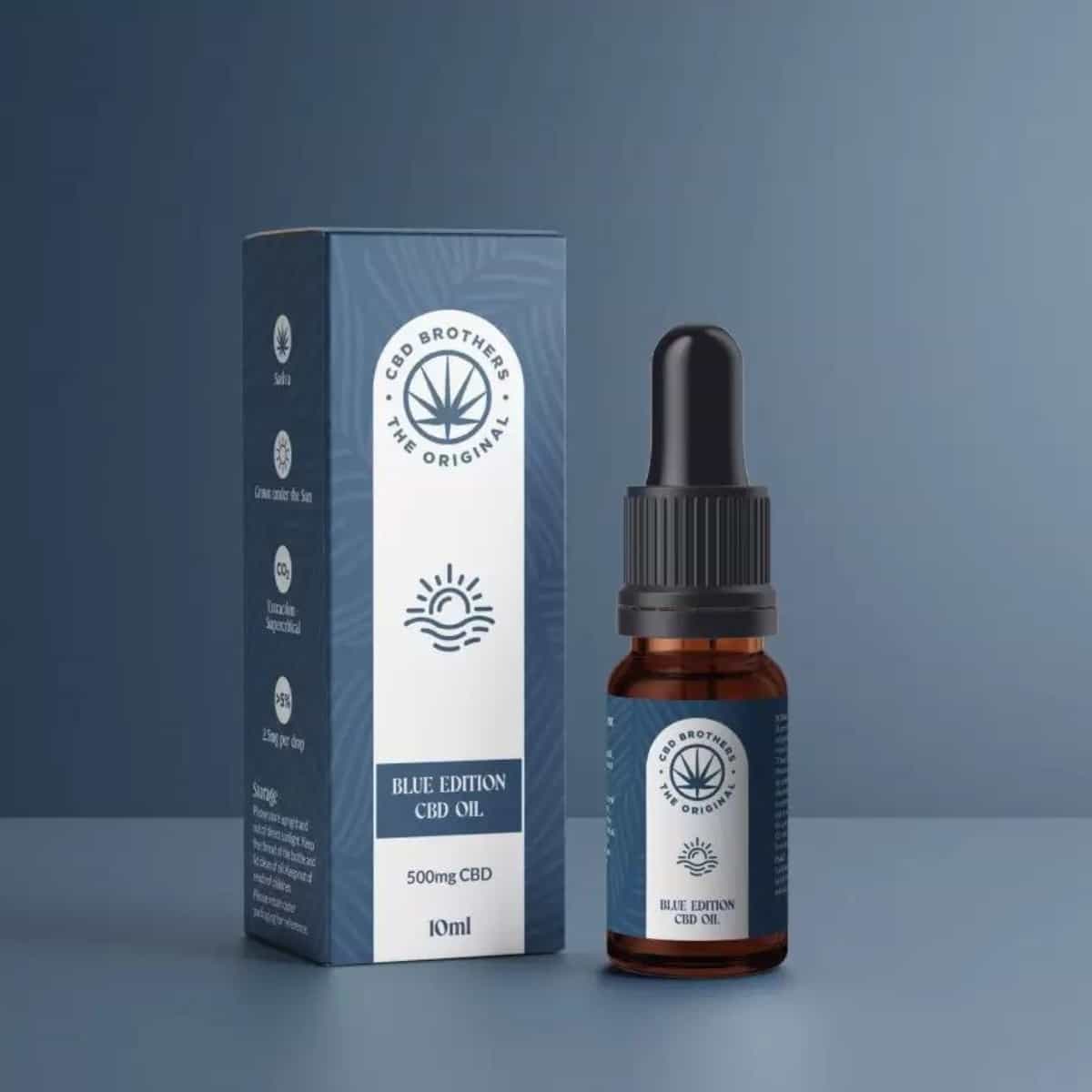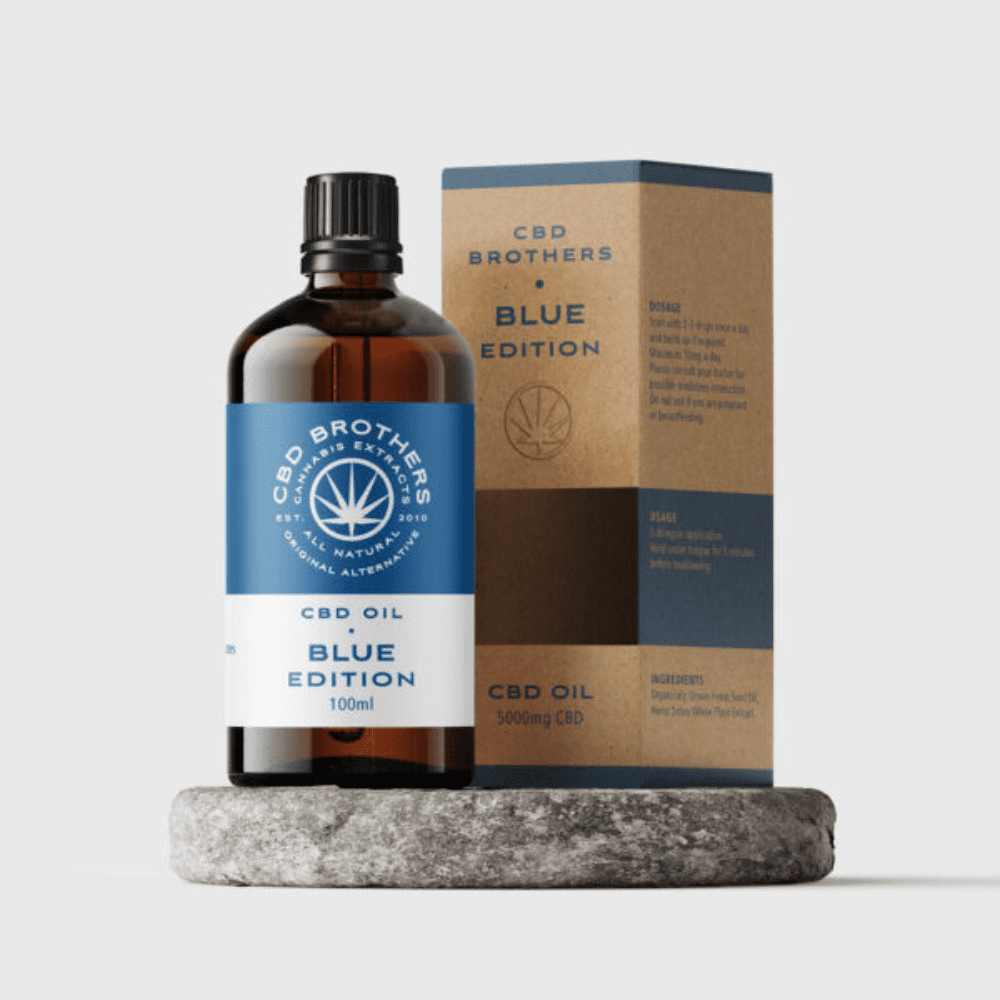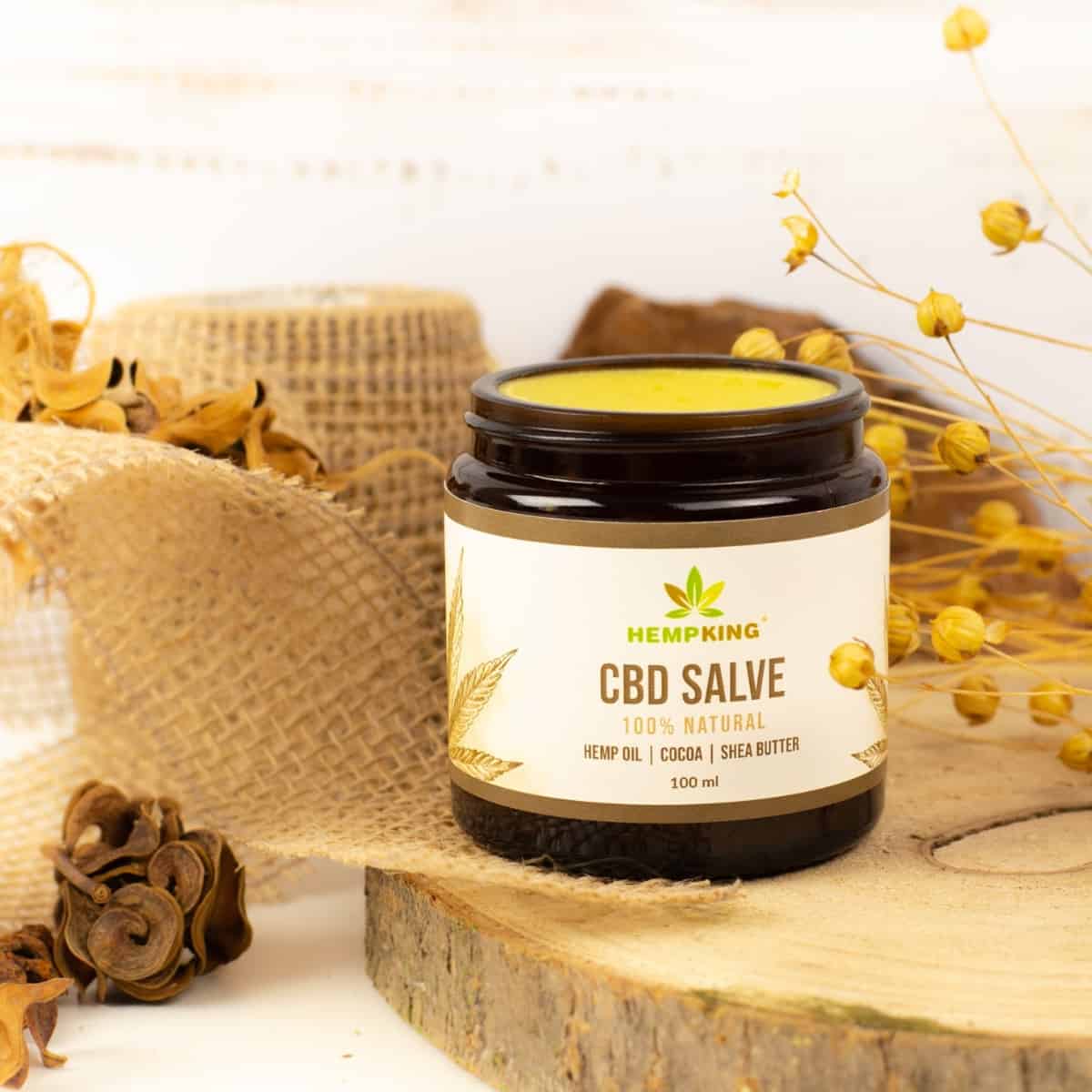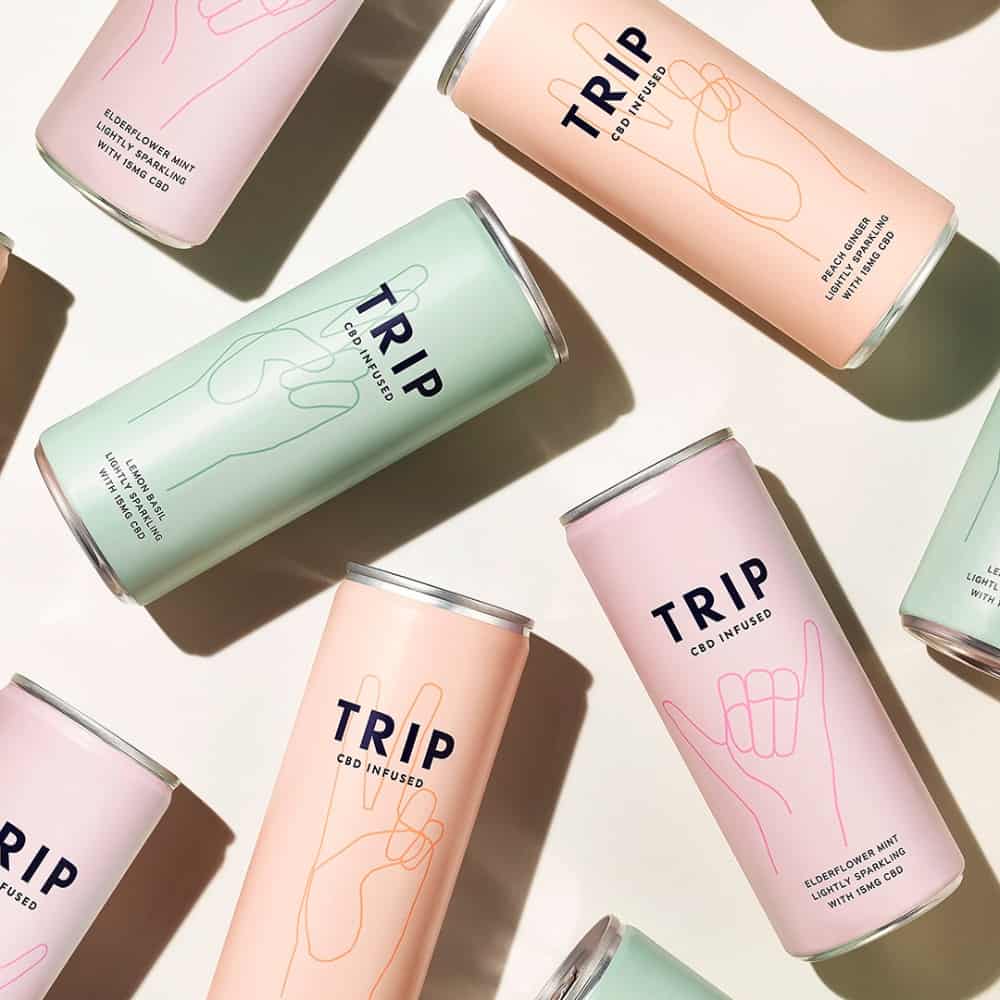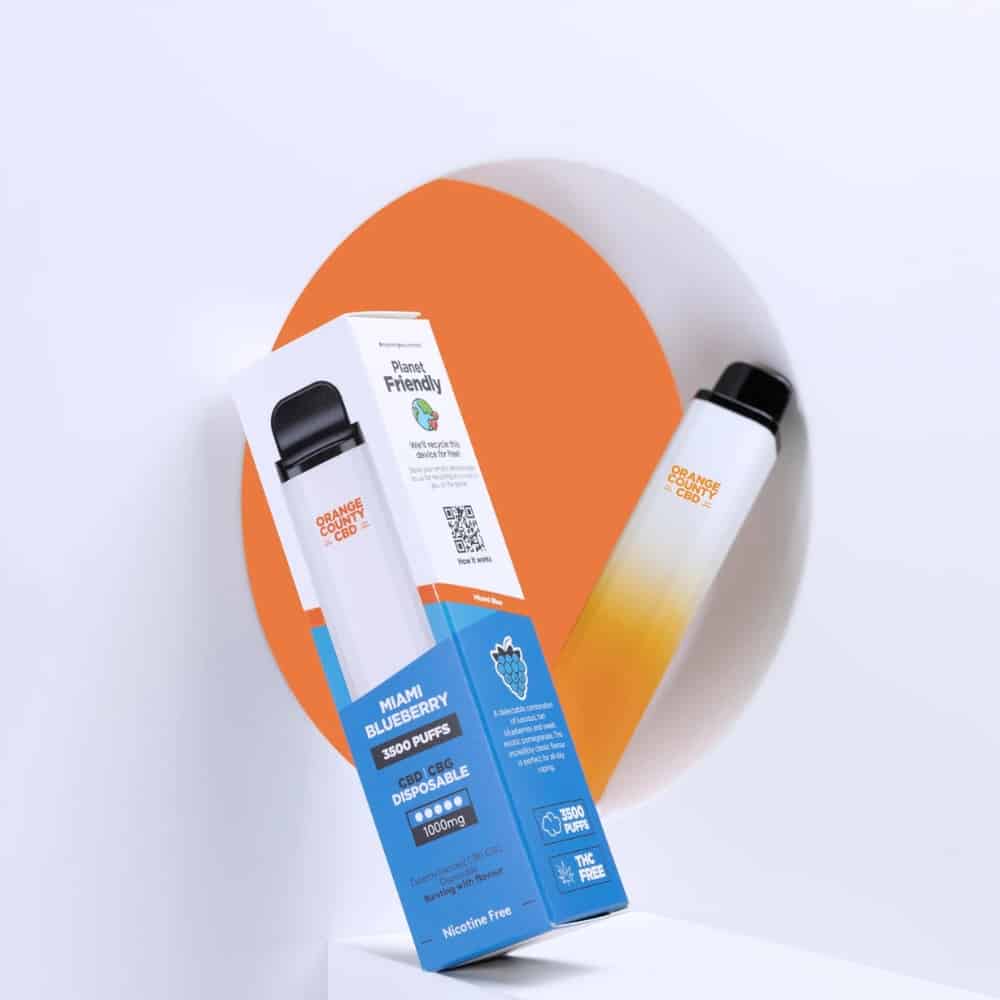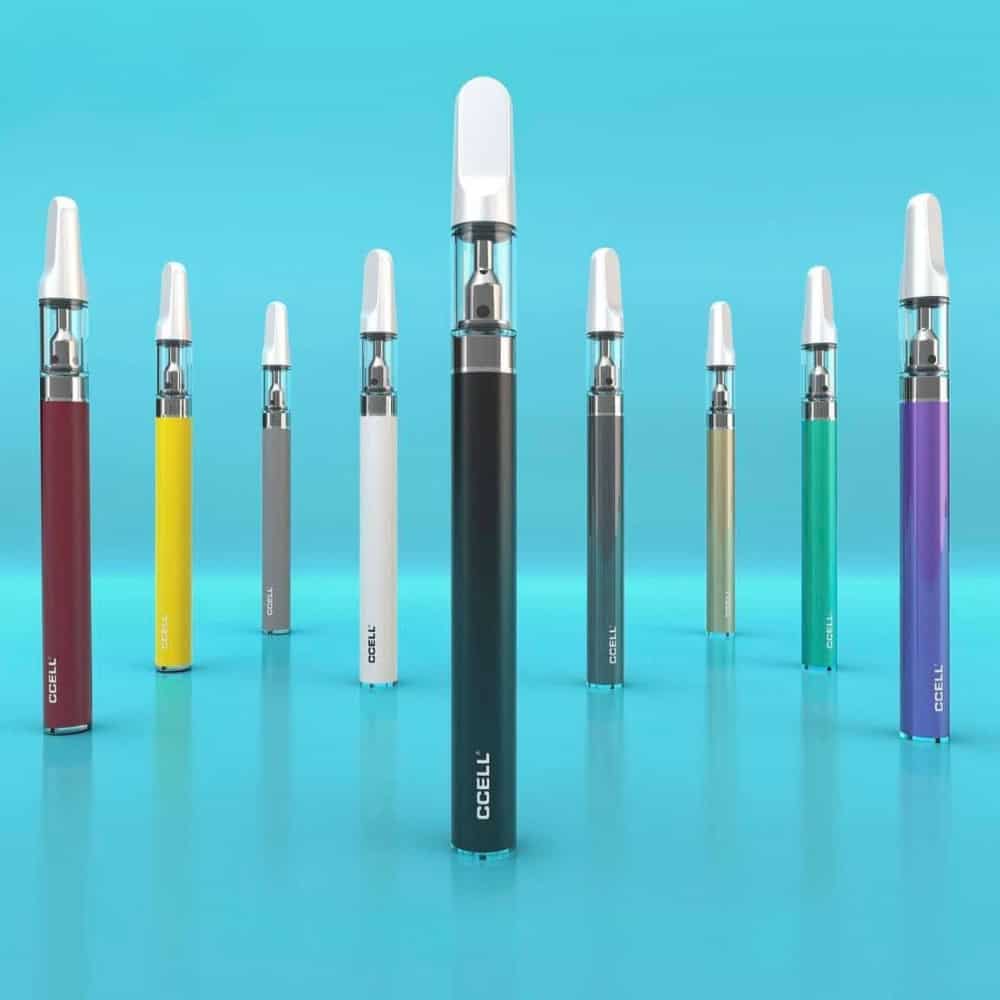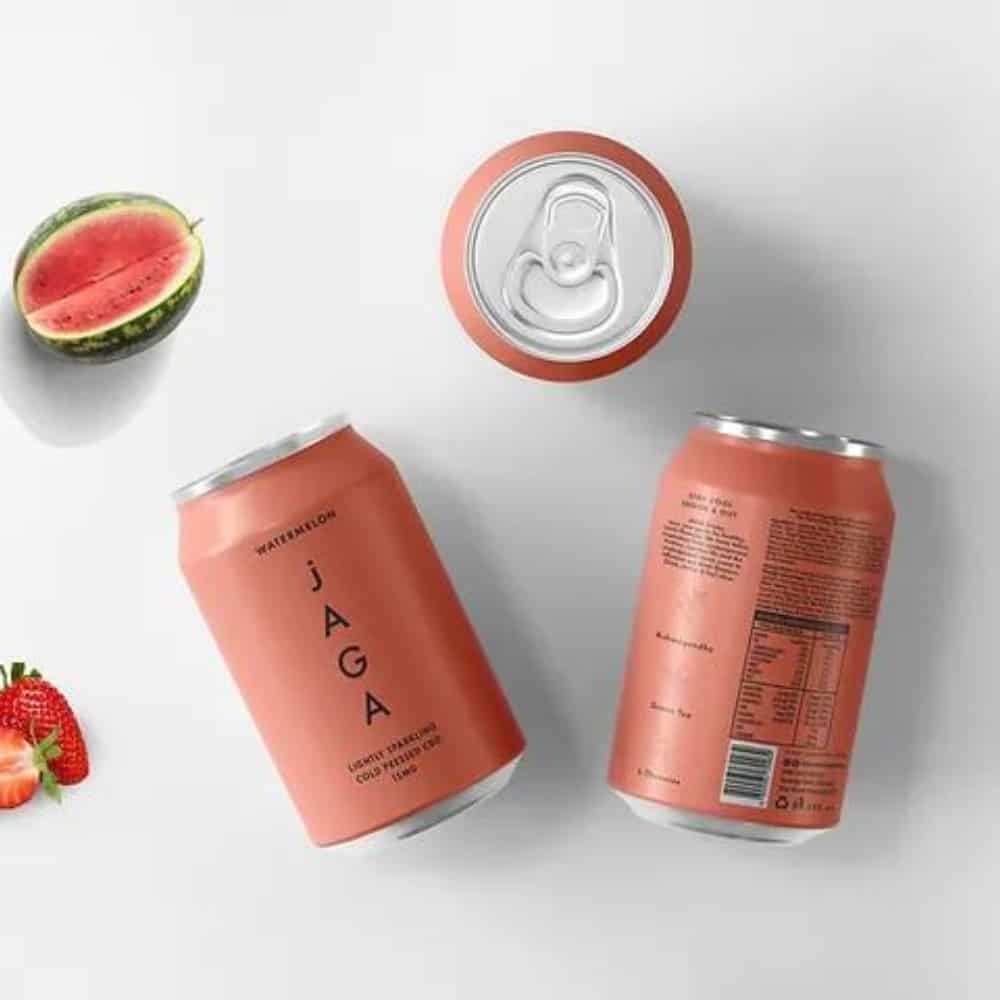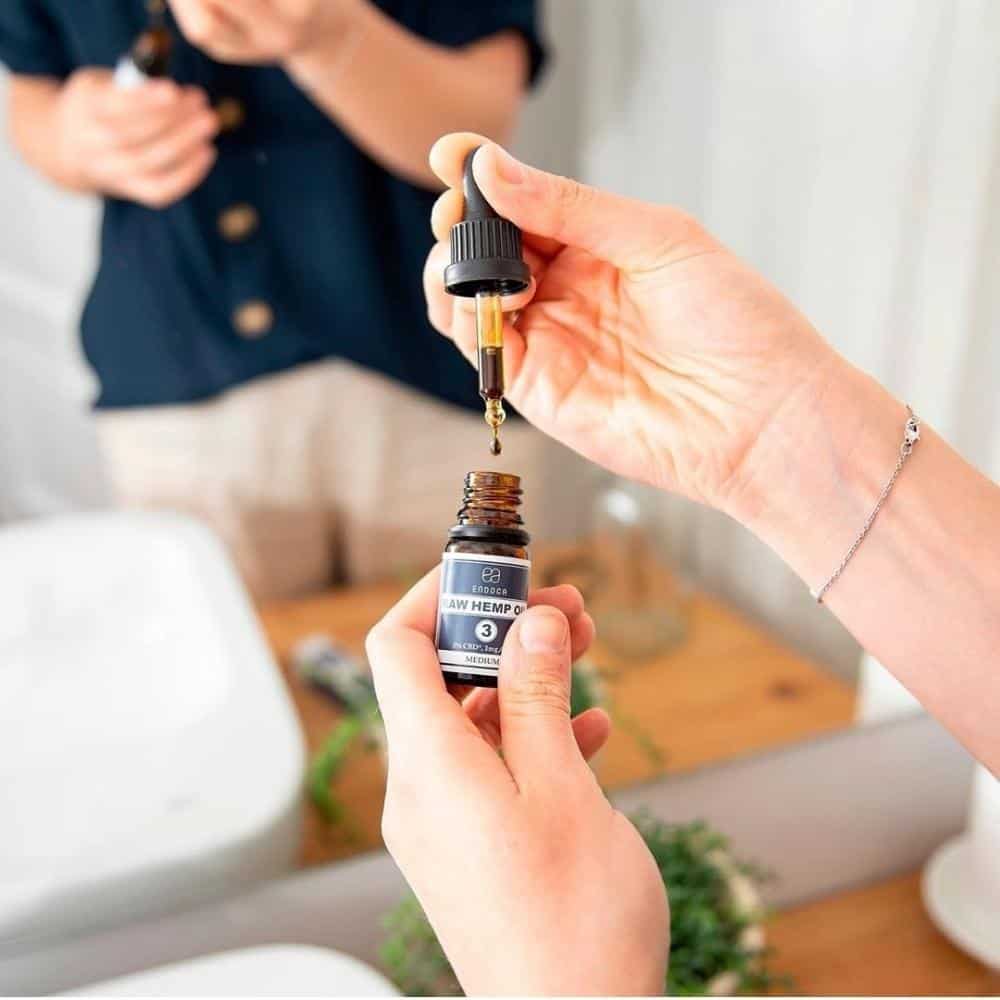CBD has firmly established itself in the lexicon of the general public, pretty much anywhere in the developed world. But you might be surprised to know that the hemp plant does not directly produce CBD. Instead it produces a precursor to CBD, otherwise known as cannabidiolic acid (CBDa). This volatile cannabinoid is then converted to CBD through exposure to heat.
There are certainly advantages to consuming CBDa instead of CBD or in addition to it. Let’s take a look at CBDa in more detail to see if it’s something you want to add to your dietary supplement stack.
What is CBDa?
CBDa is the acid precursor, or raw state, of CBD. When the hemp plant is growing in its natural state it produces CBDa. It is only after heating under the sun or during extraction that CBDa turns into CBD. This process is known as decarboxylating CBD as it involves the removal of the carboxyl group. Ultimately CBDa is unheated CBD however despite their similar molecular structure, they do act very differently in the body.
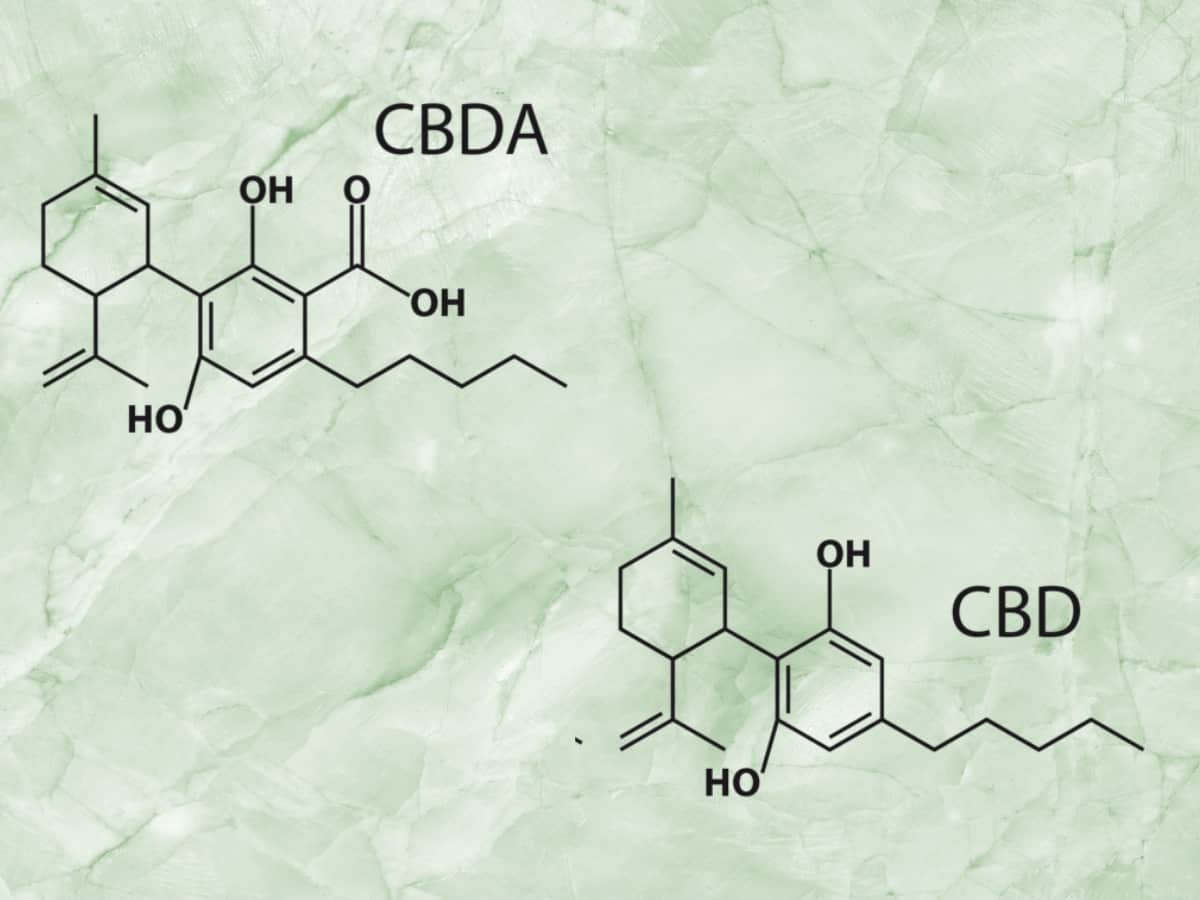
Extraction of CBDa
CBDa is typically believed to be a lot more volatile vs CBD. However this can be attributed to the solvents that are typically used to extract CBD. Man has been using alcohol to extract the beneficial constituents of the hemp plant since back in the 11th Century. We now understand that these methods of extraction actually cause cannabinoids to decarboxylate. In other words ethanol is causing CBDa to become CBD even when no heat is used.
Ultimately the best way to extract CBDa is to use a clean extraction that doesn’t involve heat or solvents. Cold pressing or supercritical carbon dioxide extraction is undoubtedly the best way to preserve CBDa. With co2 being the industry standard, you can expect a little CBDa in most full spectrum products on the market.
How does CBDa affect the body?
CBDa works slightly differently than CBD when in our bodies, acting on some different systems. For example CBDa has been shown to act on our serotonin receptors, specifically the one that connects with your stomach. Have you ever been so nervous that you feel it in your stomach? This receptor is the reason for this “anticipatory nausea” and CBDa is believed to help block this feeling which helps alleviate nausea. Some say CBDa is up to 1000x better at that vs CBD.
While CBD has antiinflammatory properties, it provides this through our endocannabinoid system. CBDa is also an antiinflammatory but it achieves this by interacting with our COX-2 receptor. This means CBDa is more powerful at aiding inflammation vs CBD. With that said the combination of the two is even more powerful again. The entourage effect strikes once more!
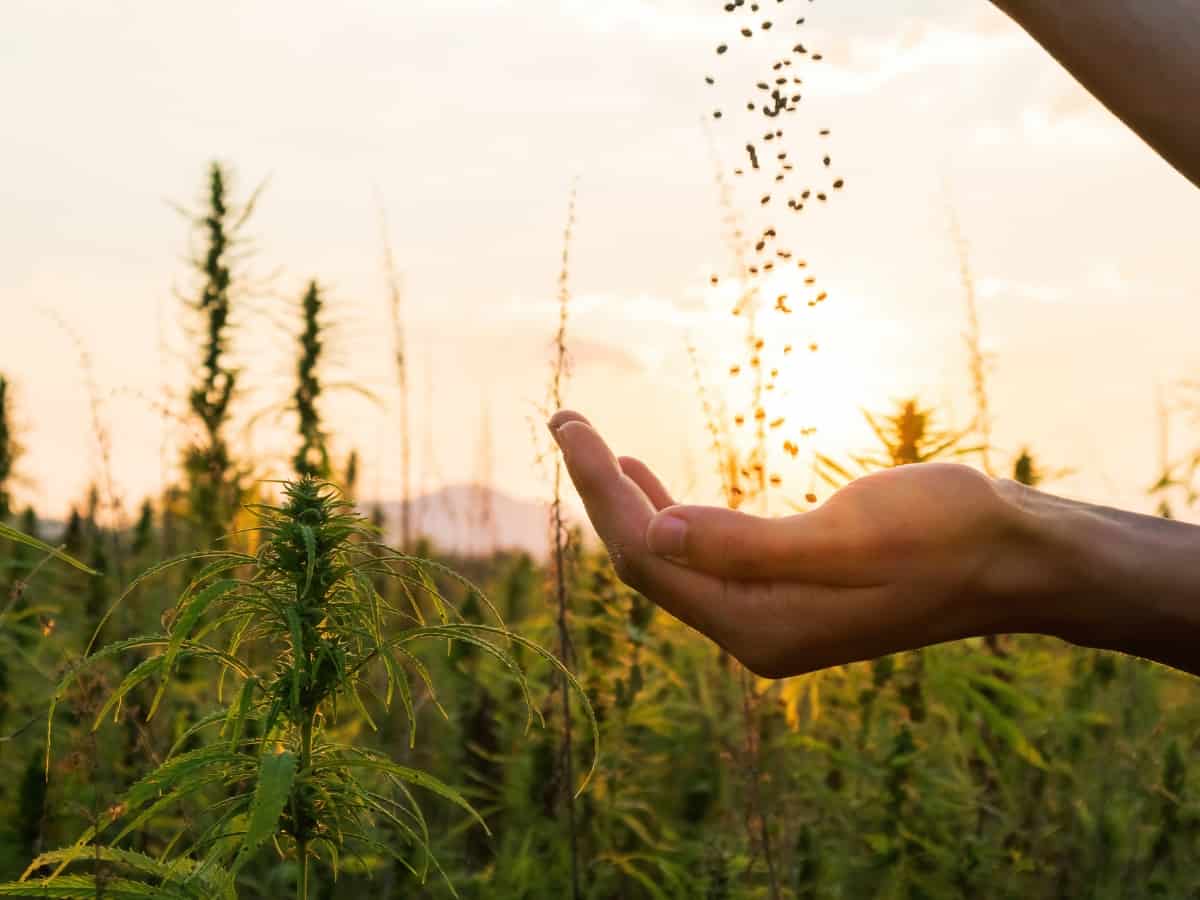
CBDa vs CBD what’s the difference?
Neither CBDa nor CBD provide impairment to the user but both are beneficial to the body in numerous ways. While they both share similar physiological properties, there are some key differences
- First of all CBDa is much easier absorbed by the body. In fact when taken under the tongue, CBDa can be up to 11 times better absorbed than CBD. This means it can be active at a much lower dose. It also means effects can be felt faster.
- While both CBD and CBDa are potent antiinflammatories they achieve this by acting on different mechanisms of the body. For example CBDa has been demonstrated to decrease COX-2 enzyme activity.
- CBDa won’t mitigate the adverse effects of THC like CBD does. CBD can dampen the effects of THC. While this can be great if you’re not having the best time, users may prefer CBDa to not interfere with their high.
- CBD is a biphasic compound so dosing it requires you to play around to find your sweet spot. Taking too much can actually have the opposite effect. CBDa on the other hand is a more linear and an increase in dose will correlate with an increase in effects.
- Finally CBDa is believed to be more effective at reducing pain and inflammation than CBD. Additionally the calming effects of CBDa, even at lower doses, can mean its more effective at helping aid stress.
Which products contain CBDa?
We have a number of products that contain CBDa at Hemptations. Full spectrum CBD oils such as CBDLife Raw Hemp Extract Oil, CBD Brothers Blue Edition, Green Edition and Provacan Full Spectrum CBD oil all contain a nice mixture of CBDa and CBD.
Additionally CBD Brothers Purple Whole Plant Extract is a concentrated CBD paste that is also rich in CBDa. You can also find CBDa in all of our CBD capsules. For example Love CBD Entourage Capsules and CBD Brothers Blue Edition Capsules both contain CBDa.
You can even apply CBDa topically using CBD Brothers Hybrid Balm or HempKing CBD Salve Ointment. Finally if vaping CBD is your thing you can get quality CBD distillate with CBDa in HighKind Limited Edition Vape Cartridge. This extract contains around 4.3% CBDa in addition to CBD and multiple other cannabinoids for a potent experience.
CBDa vs CBD What’s best for me?
If you’ve tried CBD and didn’t quite achieve the effects you were looking for, you might find CBDa more effective. Similarly if you are plateauing using CBD, this also may be a good time to try CBDa. Ultimately if you want to get it right first time we advise buying a product with both CBD and CBDa. It might be a little earthier to taste but that’s a small price to pay for the relief it brings.
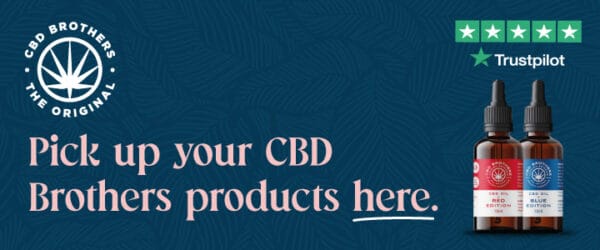
Want to know more about CBD?
If you’ve enjoyed this post you may like to read more about the science of CBD. Here are some of our most popular posts on Learning CBD.
- How to support your endocannabinoid system
- What are Terpenes and how do they enhance the effects of CBD?
- Is CBD Psychoactive? Dispelling the Myths
Alternatively check out our other blog categories to learn all about – Using CBD | Buying CBD
Any questions?
We would love to help if you have any questions around this topic. Let us know by dropping us an email or comment on one of our social channels. We will endeavour to get back to you asap but while you wait the answer to your query may lie in our CBD FAQs.
Don’t miss a thing
Stay up to date with all things CBD by following us on Instagram, Twitter, Facebook, LinkedIN or YouTube. Or why not subscribe to our newsletter to receive monthly CBD tips and offers directly to your inbox?
